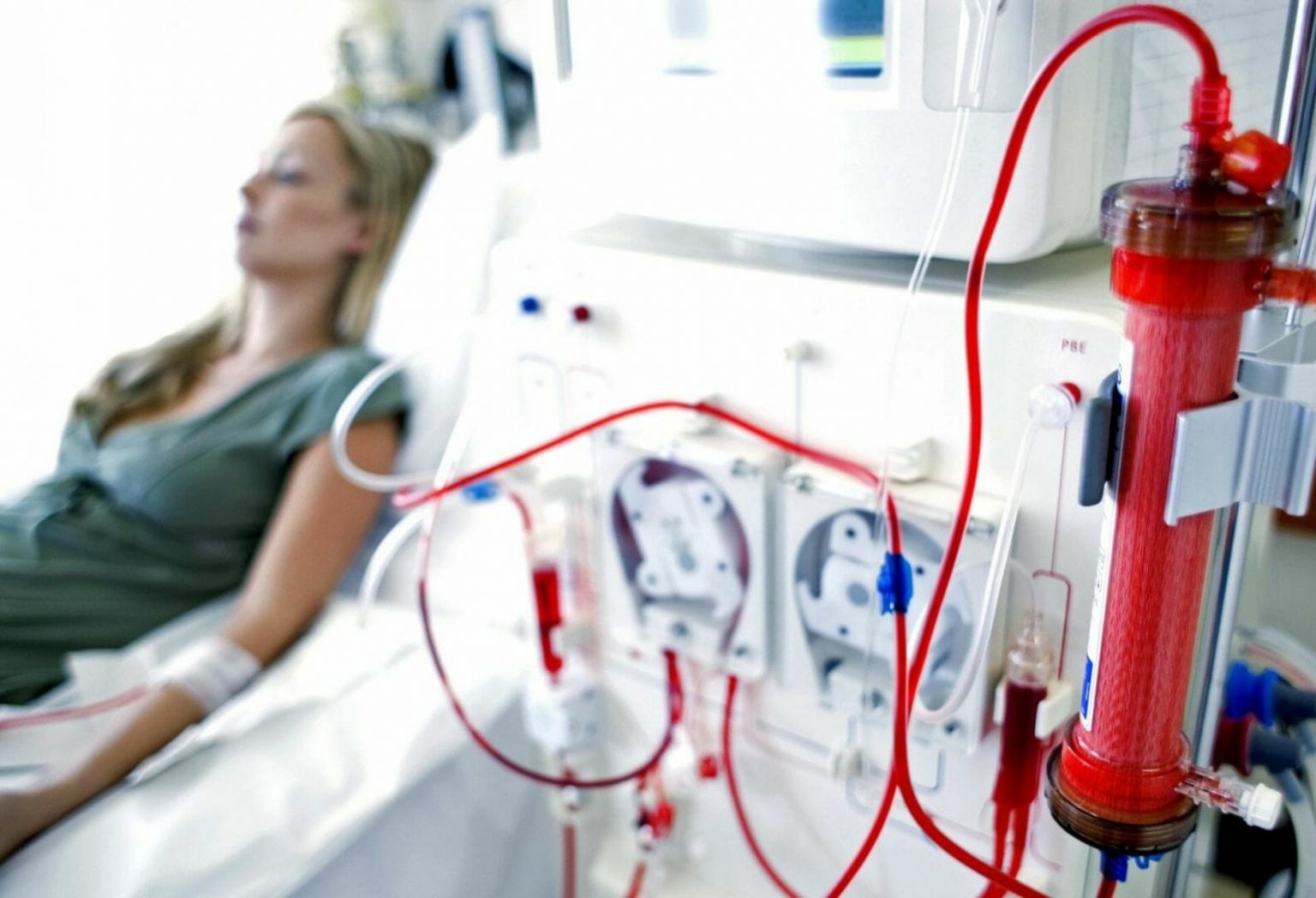What are the symptoms of uremia?
Uremia is a serious condition that occurs when the kidneys fail to remove waste products from the blood, leading to a buildup of toxins. The symptoms of uremia can vary depending on the severity of the condition, but they generally include:
- Fatigue and Weakness: Feeling tired, sluggish, and having reduced energy levels.
- Nausea and Vomiting: Persistent nausea and vomiting due to the buildup of toxins.
- Loss of Appetite: Reduced desire to eat, leading to weight loss.
- Mental Confusion and Difficulty Concentrating: Cognitive issues such as confusion, difficulty thinking clearly, or memory problems.
- Swelling (Edema): Fluid retention causing swelling, especially in the legs, ankles, and feet.
- Itching (Pruritus): Severe itching due to the accumulation of waste products in the skin.
- Shortness of Breath: Difficulty breathing due to fluid buildup in the lungs (pulmonary edema) or anemia.
- Muscle Cramps: Painful muscle cramps or twitching, often due to electrolyte imbalances.
- Metallic Taste in the Mouth and Bad Breath: A metallic taste and an ammonia-like odor from the breath.
- High Blood Pressure: Hypertension resulting from fluid overload and kidney dysfunction.
- Pale or Yellowish Skin: Skin changes due to anemia and toxin buildup.
- Chest Pain: Potentially due to pericarditis (inflammation of the lining around the heart), a complication of uremia.
Uremia is a medical emergency and requires immediate treatment, typically involving dialysis or kidney transplant to remove waste products from the blood.
What are the causes of uremia?
Uremia is caused by the failure of the kidneys to adequately filter waste products and excess fluids from the blood. The primary causes include:
- Chronic Kidney Disease (CKD): Progressive loss of kidney function over time, often due to conditions like diabetes or hypertension.
- Acute Kidney Injury (AKI): Sudden and severe reduction in kidney function, often caused by dehydration, severe infections, or acute kidney infections.
- Glomerulonephritis: Inflammation of the kidney’s filtering units (glomeruli), which can be caused by autoimmune diseases, infections, or other conditions.
- Diabetes Mellitus: High blood sugar levels can damage the kidneys’ blood vessels and filtering units, leading to diabetic nephropathy.
- Hypertension (High Blood Pressure): Long-term high blood pressure can damage the kidneys’ blood vessels and lead to kidney failure.
- Polycystic Kidney Disease: Genetic disorder characterized by the formation of multiple cysts in the kidneys, which can impair kidney function.
- Kidney Stones: Large stones can block the urinary tract and cause kidney damage.
- Urinary Tract Obstruction: Conditions that block the flow of urine, such as tumors or enlarged prostate, can lead to kidney damage and uremia.
- Severe Infections: Infections that affect the kidneys or the urinary tract can lead to acute kidney injury and uremia.
- Autoimmune Diseases: Conditions like lupus or vasculitis can cause inflammation and damage to the kidneys.
- Medications and Toxins: Certain medications or exposure to toxins can damage the kidneys and lead to kidney failure.
Management and treatment of uremia focus on addressing the underlying cause and may include measures such as dialysis, medications, or kidney transplantation, depending on the severity of the condition.
What is the treatment for uremia?
The treatment for uremia aims to manage the underlying cause of kidney failure and alleviate symptoms. Approaches include:
- Dialysis: Used to replace the kidney’s filtering function. There are two types:
- Hemodialysis: Involves filtering blood through a machine outside the body.
- Peritoneal Dialysis: Involves placing a catheter in the abdominal cavity and using the peritoneal lining to filter blood.
- Medications:
- Diuretics: To help manage fluid balance and reduce swelling.
- Antihypertensives: To control high blood pressure.
- Phosphate Binders: To manage elevated phosphate levels.
- Erythropoiesis-Stimulating Agents (ESAs): To treat anemia associated with kidney failure.
- Dietary Changes:
- Low-protein Diet: To reduce the buildup of waste products.
- Controlled Potassium and Sodium Intake: To manage electrolyte imbalances.
- Fluid Restriction: To manage fluid retention.
- Management of Underlying Conditions:
- Diabetes Management: Control blood sugar levels to prevent further kidney damage.
- Blood Pressure Control: Manage hypertension to reduce kidney strain.
- Kidney Transplant: For patients with end-stage kidney disease, a kidney transplant may be considered if they are eligible and suitable for the procedure.
- Supportive Care: Includes managing symptoms and complications, such as nausea, fatigue, and electrolyte imbalances.
Treatment is tailored to the individual based on the severity of uremia, underlying conditions, and overall health.

Leave a Reply
You must be logged in to post a comment.